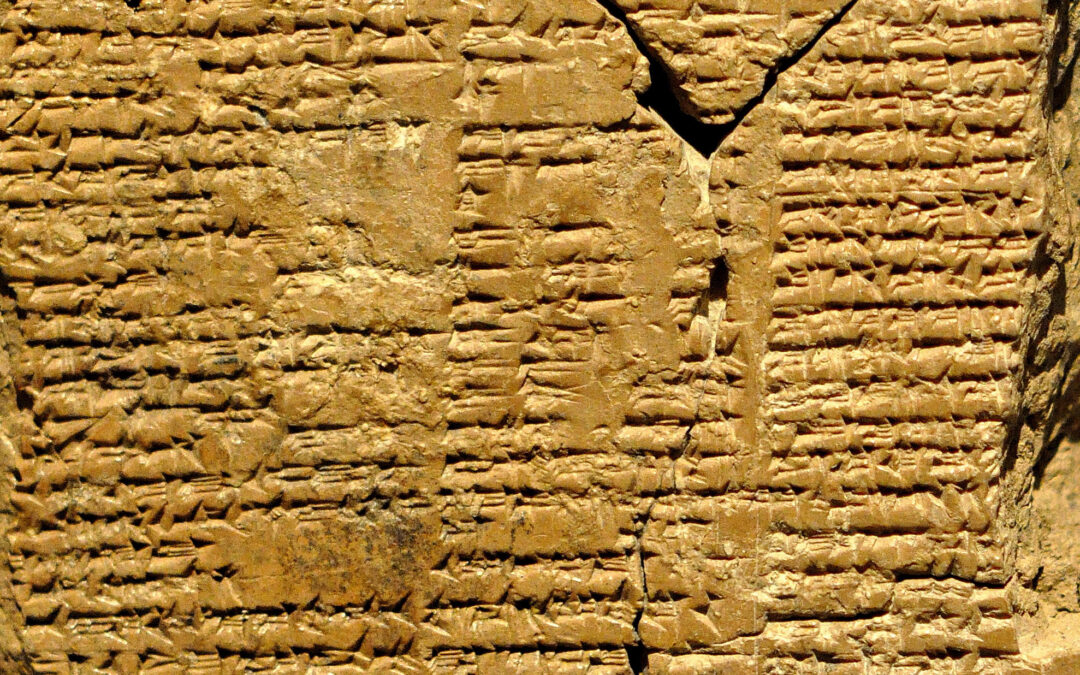The Epic of Gilgamesh is an ancient Mesopotamian epic poem that explores the themes of mortality, heroism, and the search for meaning in life. The story follows the journey of Gilgamesh, a powerful king who embarks on a quest for immortality after the death of his friend and companion, Enkidu.
One of the key teachings of the Epic of Gilgamesh about human nature is that human beings are mortal and must accept the inevitability of death. Throughout the story, Gilgamesh struggles with the reality of his own mortality and the mortality of those around him. He eventually learns that while death is a natural part of life, the way he lives his life can leave a lasting impact on the world.
Another teaching of the epic is that true fulfillment and happiness come from finding meaning and purpose in life. Gilgamesh initially seeks immortality as a way to avoid death and find happiness, but he eventually learns that the true meaning of life lies in creating something that will outlast his own life, such as leaving a positive legacy or achieving something great.
The story also emphasizes the importance of friendship and companionship. Gilgamesh initially lives a selfish and isolated life, but his friendship with Enkidu teaches him the value of human connection and the importance of forming bonds with others.
The Epic of Gilgamesh teaches that human beings are mortal and must accept the reality of death, but that true happiness and fulfillment come from finding meaning and purpose in life, forming connections with others, and creating something that will outlast our own existence.
A few quotes from the Epic of Gilgamesh that relate to the themes of human mortality, finding meaning in life, and the importance of friendship:
- “When the gods created mankind, they allotted to him death, but life they retained in their own keeping.” – Tablet 1, line 34-35
This quote emphasizes the idea that human beings are mortal and that death is a natural part of life.
- “When the gods created Gilgamesh, they gave him a perfect body… Yet in his heart was a restless desire.” – Tablet 1, line 45-46
This quote highlights the idea that even someone as powerful and physically perfect as Gilgamesh still struggles with finding meaning and purpose in life.
- “Only the gods live forever under the sun; as for mankind, in his death his doom is sealed.” – Tablet 2, line 155-156
This quote reinforces the idea that human beings are mortal and that death is inevitable.
- “Let the friend who has entered his friend’s house and eaten his bread become a savior to his friend.” – Tablet 3, line 208-209
This quote emphasizes the importance of friendship and the idea that true friends are willing to help and support each other.
- “The life that you are seeking you will never find. When the gods created mankind, they allotted to him death, but life they retained in their own keeping. As for you, Gilgamesh, fill your belly with good things… Live joyfully, day and night.” – Tablet 9, line 58-62
This quote suggests that while immortality may be impossible, a good and meaningful life is still achievable through enjoying the simple pleasures of life and living joyfully.
